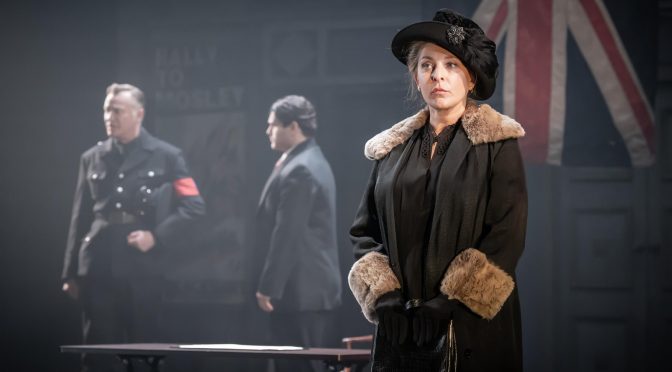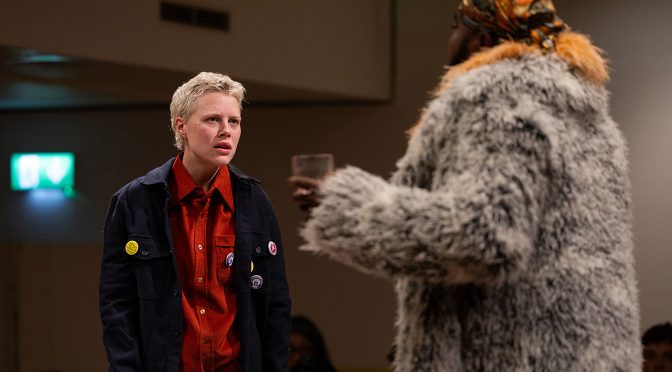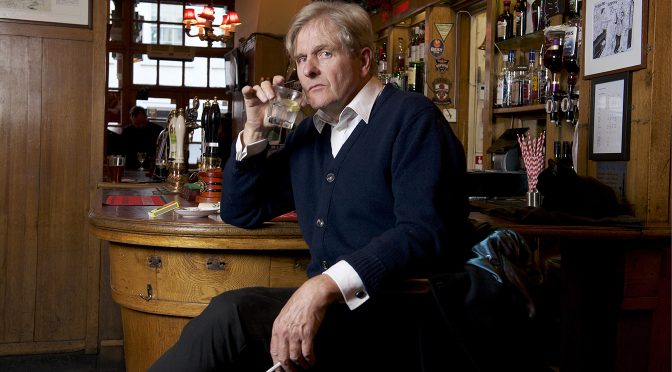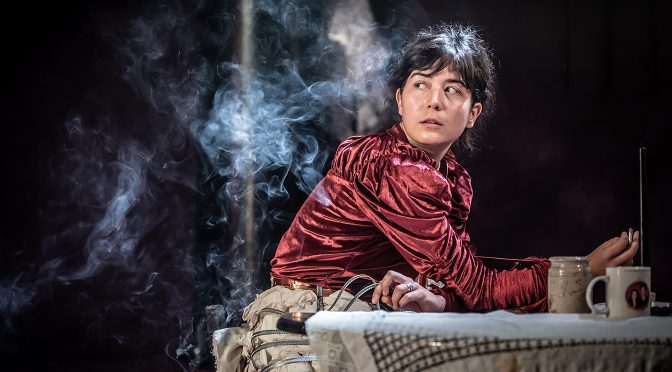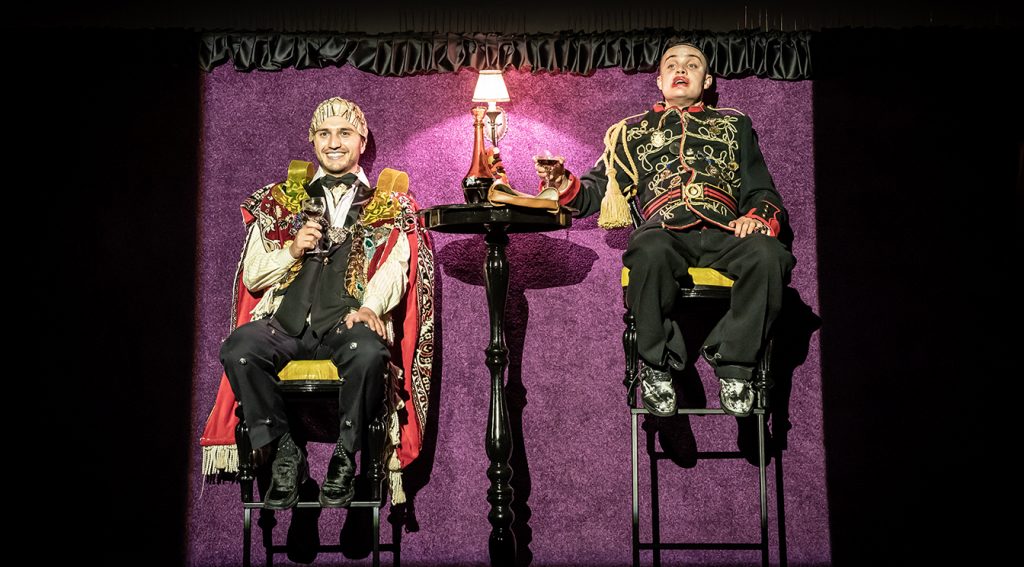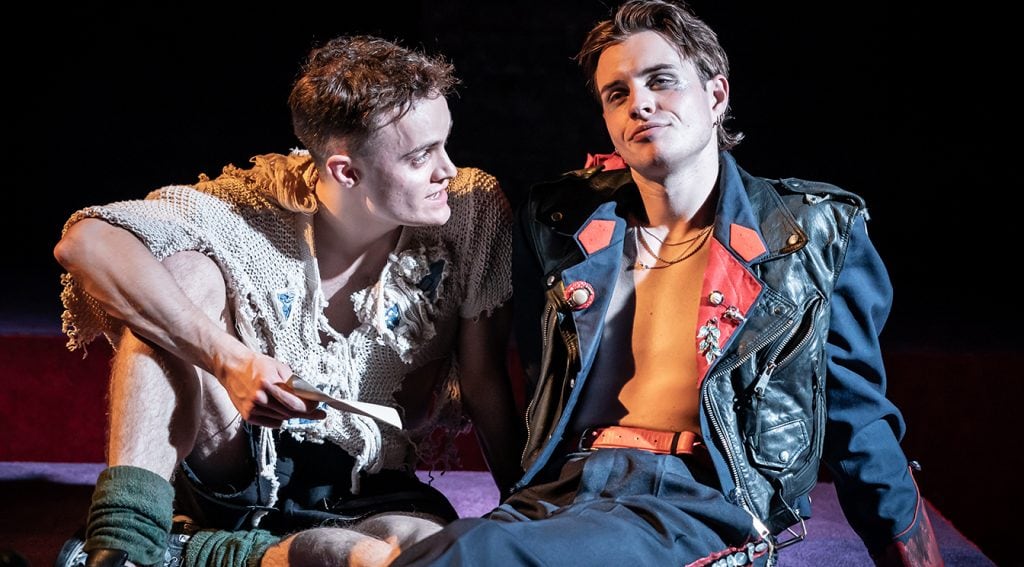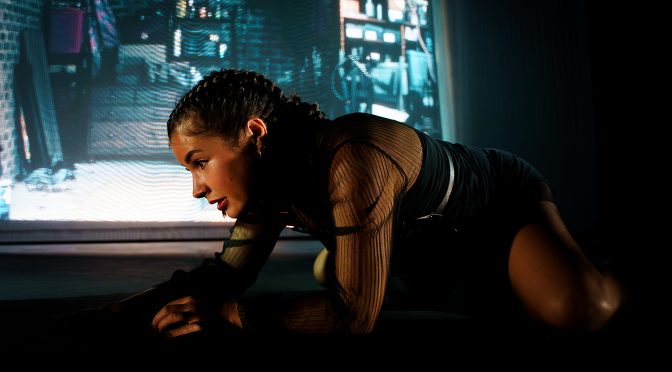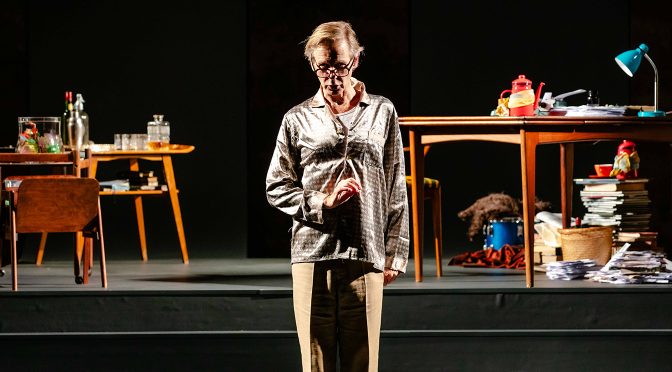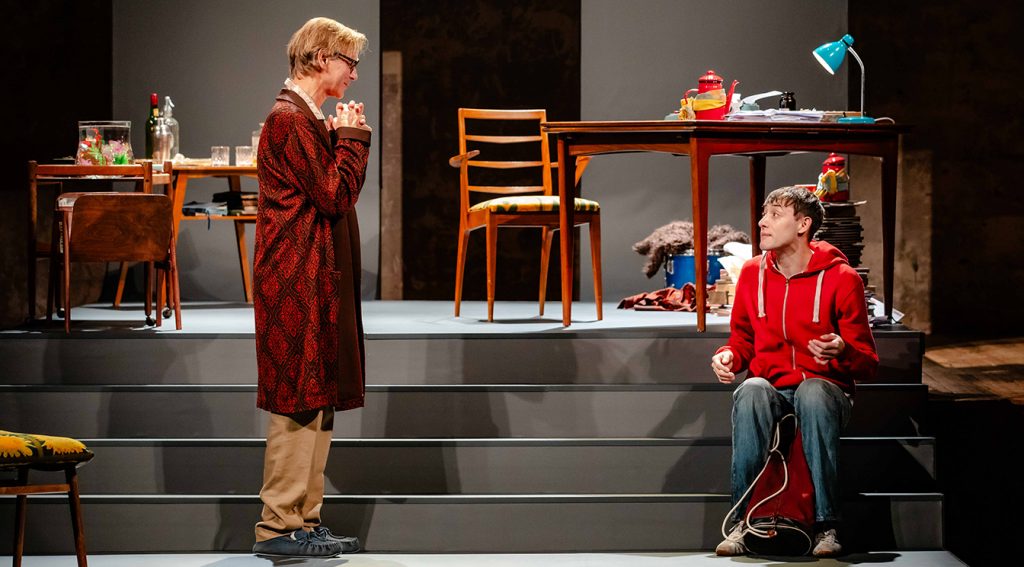Jessica Hagan’s new play is easy to enjoy, being a bright comedy focusing on Ama and her wish to have a baby before she is 30. Providing insight and sharp dialogue, all aided by strong performances and appreciative direction from Anastasia Osei-Kuffour, it’s a show to sit back and enjoy.
Ama’s goal to become a mother gets harder as the play goes on. Her sister, Jade, and her mother have opinions…and aren’t scared to share them. These are strong characters, talking sense, if not always at sensitive moments, and make great roles for Jahmila Heath and Michelle Asante, who are both fantastic crowdpleasers. Meanwhile, Jordan Duvigneau does well as the dastardly boyfriend, while Edward Kagutuzi makes as endearing partner for Jade.
Ama is our star, though, and Anita-Joy Uwajeh, who takes this big role, is superb. Her initial contempt for the titular off-stage character, a girl who got pregnant at school, doesn’t endear Ama to us. And it gets worse! As well as being a snob, Ama manipulates and uses the therapy she has had as a tool against others, as she “lies and schemes” with increasing desperation, which becomes more and more fun to watch.
The question of how much of a success Ama is adds some weight to the play. Many would be jealous of a career woman with a good job who buys her own flat (at 28… in London!). But although Ama has done everything “by the book”, she is judged as a failure because she has no children. Uwajeh handles her character’s frustration, anger and sadness with a light touch that is perfectly pitched.
Hagan wants to up the stakes, and the play gets darker. Important facts about medicine are introduced and Ama becomes ill – “spiralling” – through her desperation for a child. As she gets crazier, so does the action… well, a little. A couple of twists aren’t that much of a shock and the play doesn’t quite know how to bring things to a close. But it’s all still funny and the performances consistently strong. You might miss surprises in this show, but its appeal comes from recognising the characters and the dilemmas. It’s comforting rather than confrontational and, since that is surely the aim, Brenda’s Got a Baby is a job well done.
Until 3 December 2023
Photo by Cesare De Giglio


